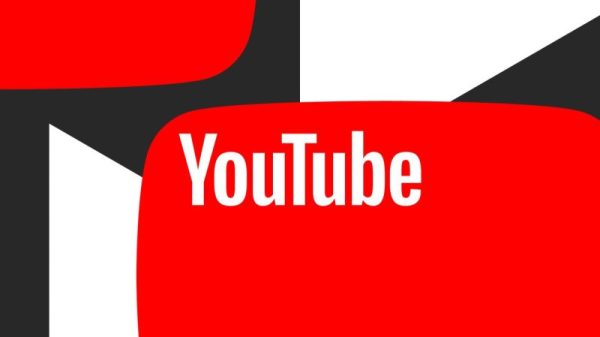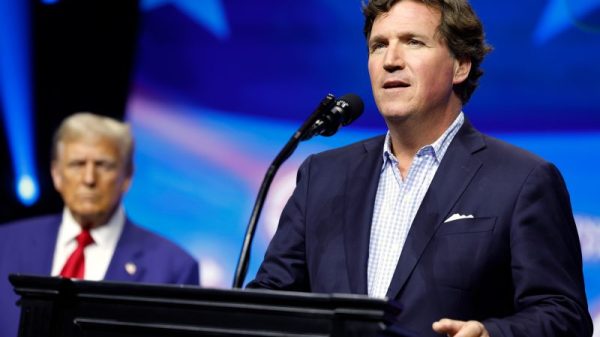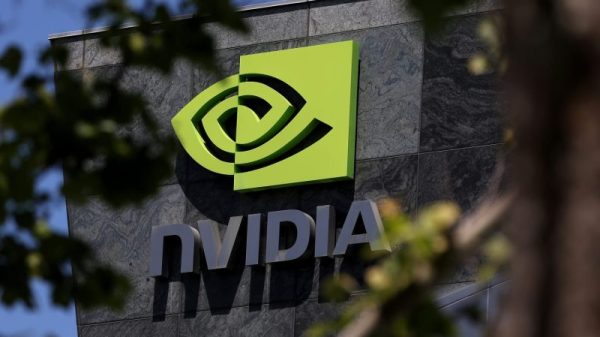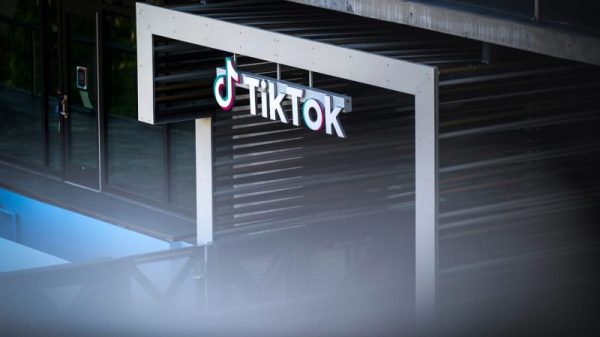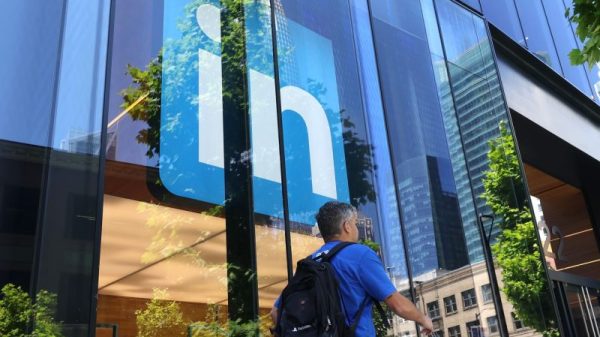More consolidation, more problems — that’s the latest fear gripping the theatrical industry.
After a monthslong negotiation process, Paramount and Skydance have struck a merger agreement. While the proposed union has been touted as perfect match by those involved, Hollywood’s cinema operators have their concerns.
Namely, that continued consolidation in the industry will exacerbate production woes that have led to fewer film releases in recent years.
“A merger that results in fewer movies being produced will not only hurt consumers and result in less revenue, but negatively impact people who work in all sectors of this great industry — creative, distribution and exhibition,” Michael O’Leary, president and CEO of the National Association of Theatre Owners, or NATO, said in a statement Monday.
Paramount and Skydance have long been production partners, co-financing and distributing films from the Mission: Impossible, Star Trek, Terminator and Transformers franchises, among others.
Skydance founder David Ellison during an investor call Monday touted that Paramount and Skydance have produced 30 feature films together. He said the deal would “unify the key rights to several of Paramount’s most iconic franchises” and “allow us to expand franchise management.”
However, each company has other producing partners, and it is unclear how this merger could affect production going forward.
“The entire industry will be closely following how Skydance and Paramount’s release slate evolves in the coming years,” said Shawn Robbins, founder and owner of Box Office Theory. “I think it’s fair to say there’s cautious optimism right now. It’s a different situation than if another major studio had stepped in to acquire Paramount, which would have more likely cannibalized the output of theatrical content to a significant extent. Nothing is certain right now.”
Trepidation around the merger from groups such as NATO comes on the heels of the consolidation of Disney and 20th Century Fox back in 2019. Before the two studios merged, each was releasing around a dozen titles every year, according to data from The Numbers. Since 2021, the combined studio has only released about a dozen films per year.
And, so far in 2024, the two studios have only debuted three titles.
“Merger-phobia is a result of the concerns that theater owners have over the effect that a diminishing number of films in the marketplace has on their bottom line,” said Paul Dergarabedian, senior media analyst at Comscore. “It’s all about the product and a robust pipeline of big screen offerings keeps the industry humming along and ensures momentum, which is key to success at the multiplex.”
The theatrical industry as a whole has struggled with a slower influx of titles. Pandemic shutdowns crippled production and were followed by a dual Hollywood strike that also disrupted the pipeline of new films. While box office analysts expect the number of films to increase in 2025 and 2026, there remains uncertainty around whether production will ever return to pre-pandemic levels.
“However, despite being a volume-driven business, it’s more about the quality of the releases and their appeal to audiences than sheer quantity,” said Dergarabedian. “If you have fewer films chasing the same dollars, that’s not necessarily a bad thing. If there are fewer films but the average revenue per film is higher than in a more crowded movie marketplace, then that’s a lean and mean and ultimately more sustainable business in the long run.”
One immediate bright spot is that the merger between Paramount and Skydance will bring together Skydance Animation and Nickelodeon. Former NBCUniversal CEO Jeff Shell, who is slated to become the next president of Paramount when the deal closes, told investors Monday, “we’re going to immediately be a leader in animation.”
“From a theatrical perspective, animation is so important and Paramount is very strong with Nickelodeon,” he said during the investor call.
Animated features have seen strong box office sales this summer. Disney and Pixar’s “Inside Out 2” has collected $1.2 billion at the global box office over the past month, the fifth-highest haul for an animated feature ever. Its $533.8 million domestic tally is the third-highest for an animated film.
Universal and Illumination’s “Despicable Me 4” snared $122 million during its five-day domestic debut over the Fourth of July holiday weekend.
“A Paramount that recognizes the unique place of theatres in communities across this nation and around the world will be a catalyst for more movie options being available for movie fans today and for generations of new fans in the years ahead,” NATO’s O’Leary said. “We look forward to hearing more about this proposal and working with all interested parties in achieving the critical goal of more movies on the big screen.”
Disclosure: Comcast is the parent company of NBCUniversal and CNBC.



